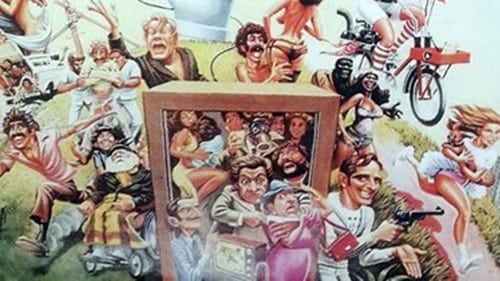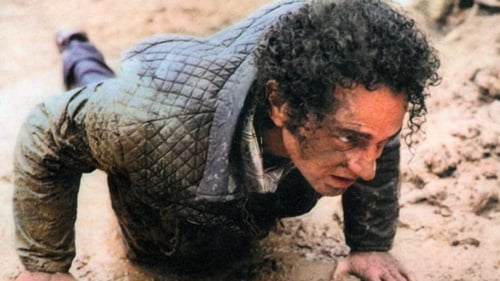
(segment "Germano")
An omnibus project examining, well, the state of the world.

A short contemporary story about the crew of a small Brazilian fishing boat. Part of the anthology The State of the World.

Modesto Pires
Бразильский городок Санта-Ан-ду-Агреште приветствует свою «блудную дочь» Титу после очень долгой разлуки. Когда Тите было всего 17, отец и старшая сестра выгнали ее из дома «за непристойное поведение». И вот Тита возвращается домой — все такая же красивая и, главное, сказочно богатая. Ее появление вызывает настоящий переполох в маленьком городке, затерянном во времени и пространстве. Ведь денег у Титы больше, чем у всех его жителей, вместе взятых, и она становится главной благотворительницей городка. Но ее старшая сестра, сгорающая от зависти и мечтающая вывести Титу «на чистую воду», устраивает против нее целый заговор..

Paulo Otávio is the host of a pirate radio station on the slums of Rio de Janeiro. He struggles to mantain the station working, since the only help he's got comes from news reporter Calói. Their story goes beyond as the city starts to face a crime wave.

Emílio Veiga
Соня Брага играет прекрасную женщину, чей муж, игрок и бабник, умирает после того, как провеселился всю ночь напролет на карнавале. Решив снова выйти замуж, вдова выбирает скучного аптекаря средних лет, который любовью занимается раз в год по обещанию. Как-то ночью, когда она лежала в постели рядом со своим спящим мужем, появился призрак ее первого супруга. Она пытается от него избавиться, но он отказывается исчезать. В конце концов она уступает и ложится с ним в постель, а второй муж тем временем продолжает мирно посапывать.

An accident at a construction site, resulting in one death, sets one worker off on a struggle for justice that exposes the mechanisms of exploitation and the class relations of a country that had undergone one decade of fast-paced ‘conservative modernisation’ at the hands of the military. As a sort of sequel to the classic The Guns (1964), following the fate of those characters as they move from enforcers of exploitation to exploited, it offers more than a snapshot of the period: the correspondent time lapses in fiction and reality capture the passage of a chunk of Brazilian history between the two films, and, therefore, also the transformations in cinematographic approaches to the social and political between the two moments. Equally daring in content and form, and in the originality of the adequacy of one to the other, it won the Silver Bear at Berlin.

Funcionário




